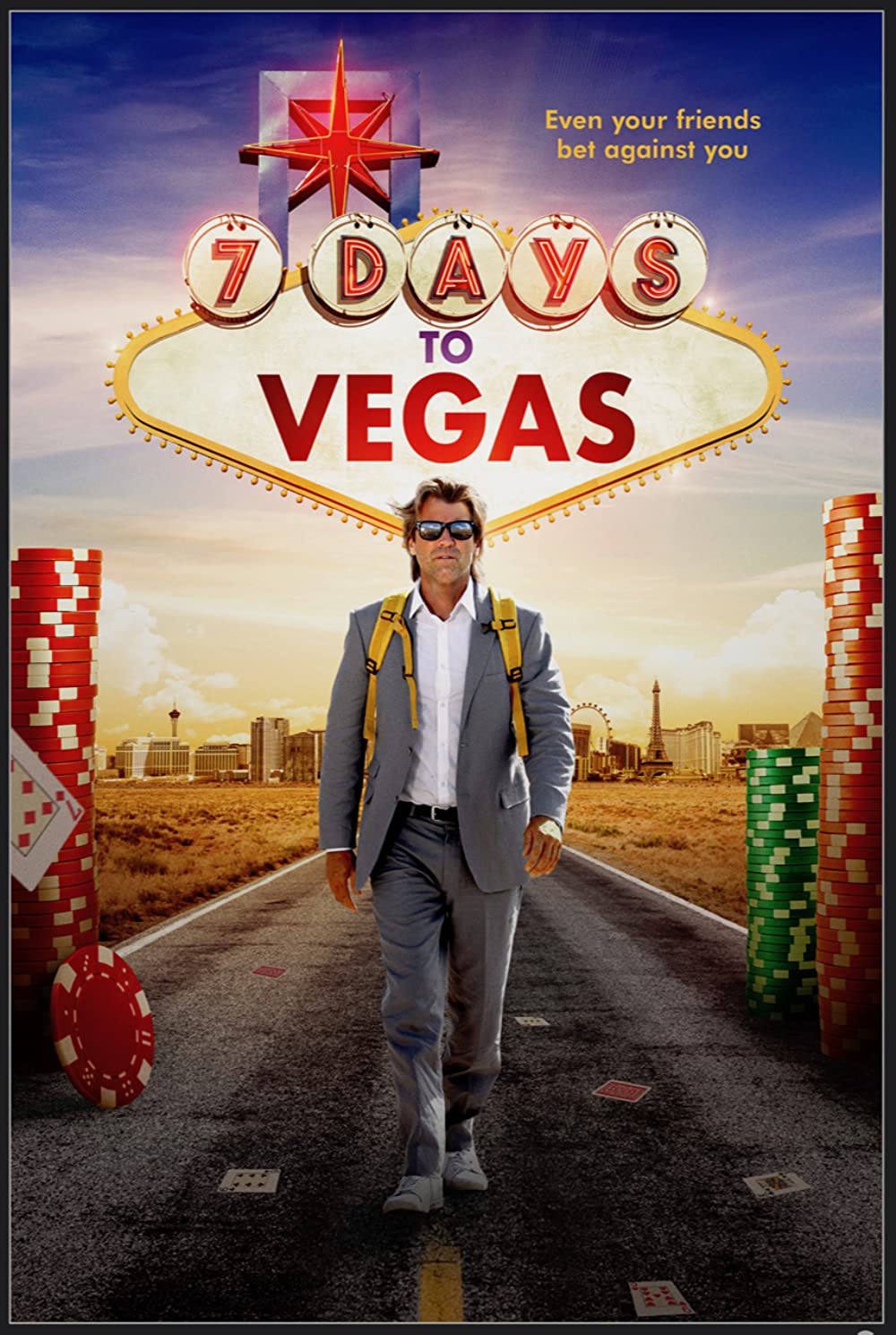I've gotten a lot of feedback on one of my short scripts and the one consistent theme is that nobody likes the voice-over narration.
Modern audiences seem programmed against VO narration, especially the third-person omnipresent narration that I chose to use. This I can understand. Plenty of writers use it like concrete to fill in the gaps generated by their lazy writing. There are also poorly made films that consist almost entirely of VO in the place of a story. See Neil Breen's infamous Double Down. Repeat exposure to this kind of terrible writing has put a bad taste in people's mouths.
But I think VO narration can be used well. When it does more than tell us what we're seeing. When it gives us special insight into the inner workings of the story. And, needless to say, when it's well-written.
Most examples of good VOs come straight from characters. Bateman's in American Psycho. Alex's in A Clockwork Orange. The various characters in The Tree of Life. These work because they do more than tell us what's happening; they give us insight into the character's state of mind beyond that which would read through subtext alone.
I argue that the same can be done with third-person omnipresent VO narration. And, despite all the backlash, I'm still married to the VO narration in my script. It's very functional. It reaffirms the protagonist. It gives special insight into her troubled state, something I can otherwise only hint at through subtext. It sets the mood and establishes the genre. And, in the end, it delivers the film's moral.
Sorry to go on a personal rant, but I've been thinking a lot about this and I wanted to get my thoughts out there.
What do you think about VO narration?
Modern audiences seem programmed against VO narration, especially the third-person omnipresent narration that I chose to use. This I can understand. Plenty of writers use it like concrete to fill in the gaps generated by their lazy writing. There are also poorly made films that consist almost entirely of VO in the place of a story. See Neil Breen's infamous Double Down. Repeat exposure to this kind of terrible writing has put a bad taste in people's mouths.
But I think VO narration can be used well. When it does more than tell us what we're seeing. When it gives us special insight into the inner workings of the story. And, needless to say, when it's well-written.
Most examples of good VOs come straight from characters. Bateman's in American Psycho. Alex's in A Clockwork Orange. The various characters in The Tree of Life. These work because they do more than tell us what's happening; they give us insight into the character's state of mind beyond that which would read through subtext alone.
I argue that the same can be done with third-person omnipresent VO narration. And, despite all the backlash, I'm still married to the VO narration in my script. It's very functional. It reaffirms the protagonist. It gives special insight into her troubled state, something I can otherwise only hint at through subtext. It sets the mood and establishes the genre. And, in the end, it delivers the film's moral.
Sorry to go on a personal rant, but I've been thinking a lot about this and I wanted to get my thoughts out there.
What do you think about VO narration?




